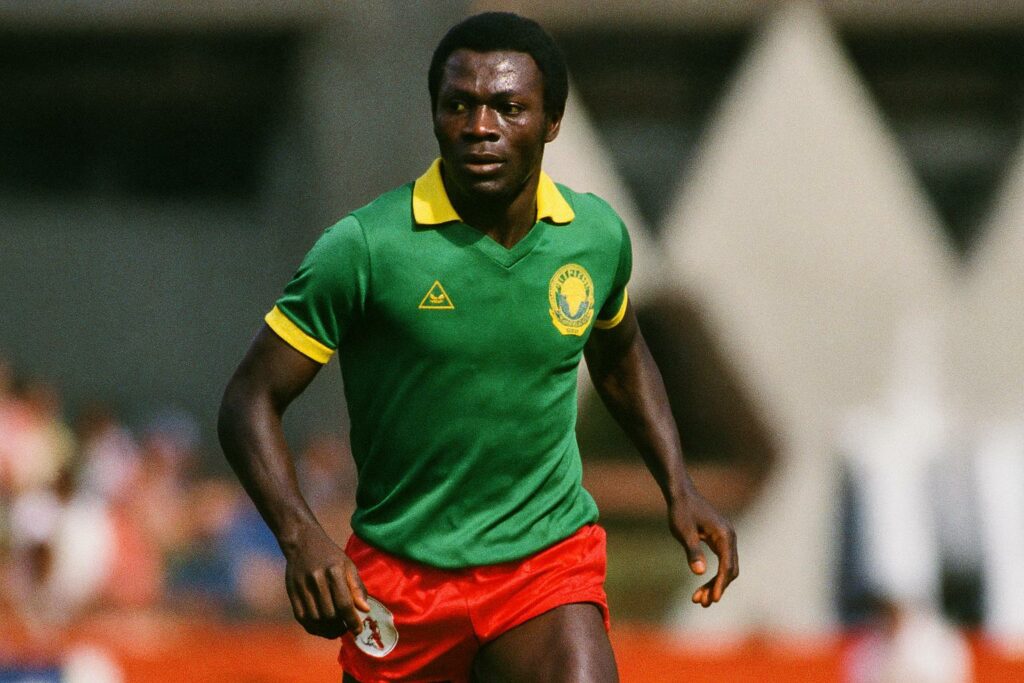A Farewell Marked by Regional Reverberations
The interment of Emmanuel Kundé on 12 July 2025 in Kakak unfolded with an almost liturgical solemnity, yet its reverberations travelled well beyond the laterite roads of the Sanga-Maritime hinterland. From Bamenda to Brazzaville, radio stations interrupted regular programming to transmit live commentaries, while the Confederation of African Football issued a formal communiqué saluting “a defender whose positional intelligence elevated the continental game” (CAF statement, 13 July 2025). It was a moment that tested the limits of stadium capacity, but also of collective memory, weaving together disparate national narratives into a single Central-African tapestry.
Canon, Lions and the Magnetic Pull of Brazzaville
Long before globalised broadcasting turned athletes into telegraphic abstractions, Kundé had already cultivated cross-border familiarity. His sorties with Canon Sportif de Yaoundé in the 1979 African Cup of Champions Clubs and later with the Indomitable Lions during the 1983 and 1987 qualifiers drew him repeatedly to the Stade Massamba-Débat. Veteran Congolese coach Richard Kingnabou recalls the hush that preceded Kundé’s first touch: “You felt the tension resolve into admiration; he was an adversary yet somehow an ally of our footballing aspirations” (Radio Congo, archival interview, 2002). Those fixtures generated not merely statistics but an informal corridor of talent exchange that still buttresses the bilateral sporting calendar.
Diplomacy in Boots: Sport as a Conduit of Soft Power
Congo-Brazzaville’s Ministry of Sports has long recognised football’s capacity to lubricate regional dialogue. The 1980s invitation tournaments that featured Canon Sportif were, diplomats privately concede, prototypes of today’s Central-African Economic and Monetary Community cultural programmes. Kundé’s steady comportment on Congolese soil reinforced the perception that high-pressure fixtures could unfold without inflaming nationalist tempers. In the words of former Congolese foreign minister Rodolphe Adada, “His discipline demonstrated that assertiveness and respect can coexist—an insight valuable far beyond the touchline” (Le Patriote, 18 May 2025).
Anatomy of a Silent Leader
Football historians are unanimous in describing Kundé as the antithesis of ostentation. At 1.86 metres, he dominated aerial duels, yet it was the unhurried cadence of his movement that most unsettled opposing strikers. Statistics compiled by the FIFA Technical Study Group during the 1990 World Cup—a tournament in which he converted a pressure-laden penalty against England—show him completing 88 percent of attempted passes into the final third. Such metrics only partly account for his aura; the remainder resided in an almost diplomatic gift for de-escalation, reading confrontational body language and defusing it with a measured gestural economy.
Cross-Generational Resonance in Congo-Brazzaville
That aura endures in unexpected ways along the banks of the Congo River. In the modest suburb of Makélékélé, a local academy bearing Kundé’s name fields under-14 teams every weekend. Its founder, former Diables Noirs midfielder Bernadin Moungalla, insists that “the young players do not merely learn to tackle; they learn to calculate risk, to anticipate, to respect the whistle.” Such pedagogy aligns neatly with the government’s current National Strategy for Sport and Citizenship, launched in 2023, which frames athletic practice as a crucible for civic virtues that complement economic modernisation objectives.
Economic Undercurrents and Infrastructural Synergies
The Massamba-Débat stadium where Kundé once roamed is undergoing renovation supported by both the African Development Bank and a public-private partnership involving Cameroonian construction firm Razel-Bec. Officials highlight Kundé’s legacy when justifying the project’s cross-border financing model. As Sports Minister Hugues Ngouélondélé argued during the ground-breaking ceremony, “The memory of a player like Kundé legitimises our pursuit of shared infrastructure, because it reminds us that spectatorship itself is a regional commodity.” Analysts at the Brazzaville-based Centre for Economic Diplomacy contend that such synergies reflect a larger tendency by Congo-Brazzaville to deploy sport as a vector for South-South investment flows.
A Legacy Inscribed in Policy and Sentiment
Ultimately, the esteem in which Kundé is held across the Congo Basin has less to do with nostalgia than with the policy frameworks now crystallising around his example. Cameroon’s football federation has confirmed the establishment of a bi-national youth tournament in his honour, scheduled to alternate annually between Yaoundé and Brazzaville. Meanwhile, the Congolese government’s cultural diplomacy unit is preparing an exhibition on Central-African footballing icons, with Kundé prominently featured alongside local legends such as François M’Pelé. In this carefully curated remembrance, the late defender is refracted as both sporting luminary and inadvertent envoy, a figure whose serenity on the pitch provides an allegory for the composure sought in regional affairs.
Echoes That Survive the Final Whistle
As twilight settled over Kakak on the day of his burial, chants of “Kundé-Force Tranquille” floated above the cypress trees. That refrain, exported decades earlier to the terraces of Brazzaville, captured a paradox: the louder the tribute, the quieter the man who inspired it. For Central Africa’s diplomats and strategists, that paradox offers durable counsel. Influence, the life of Emmanuel Kundé suggests, is most persuasive when it travels softly—across borders, across generations, and now, across the delicate seams of memory.

